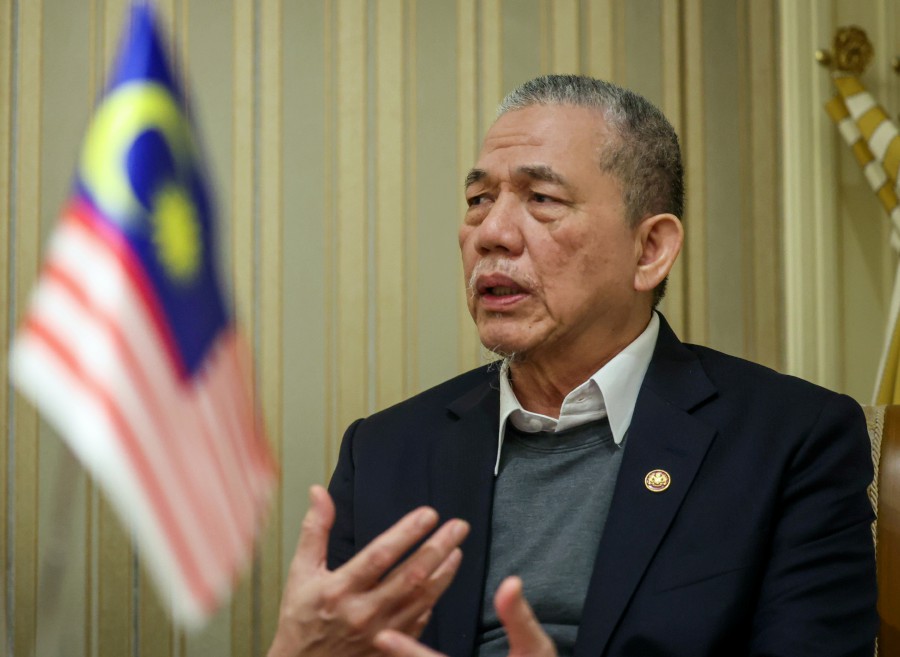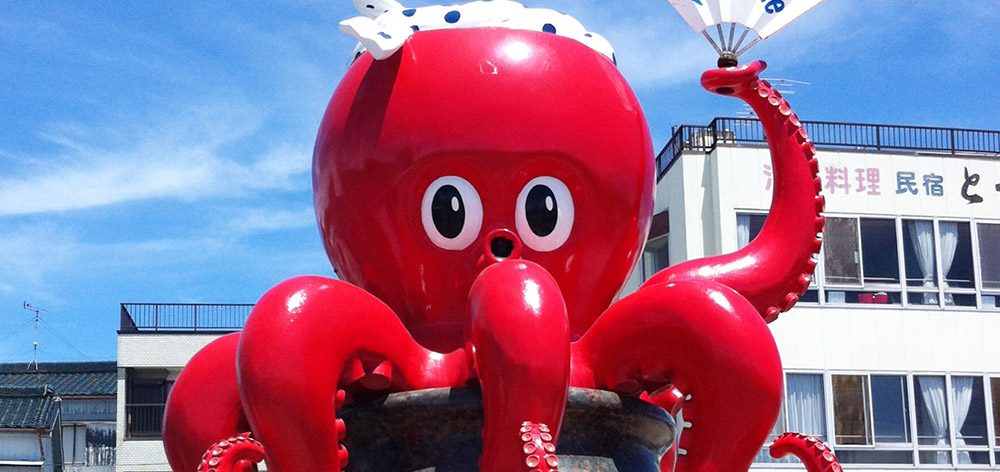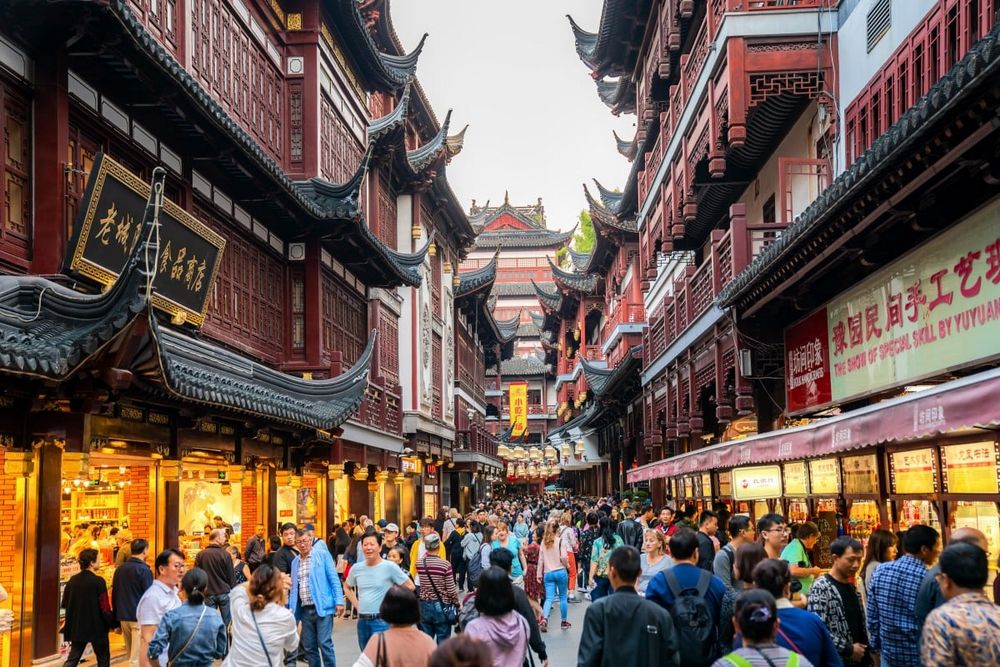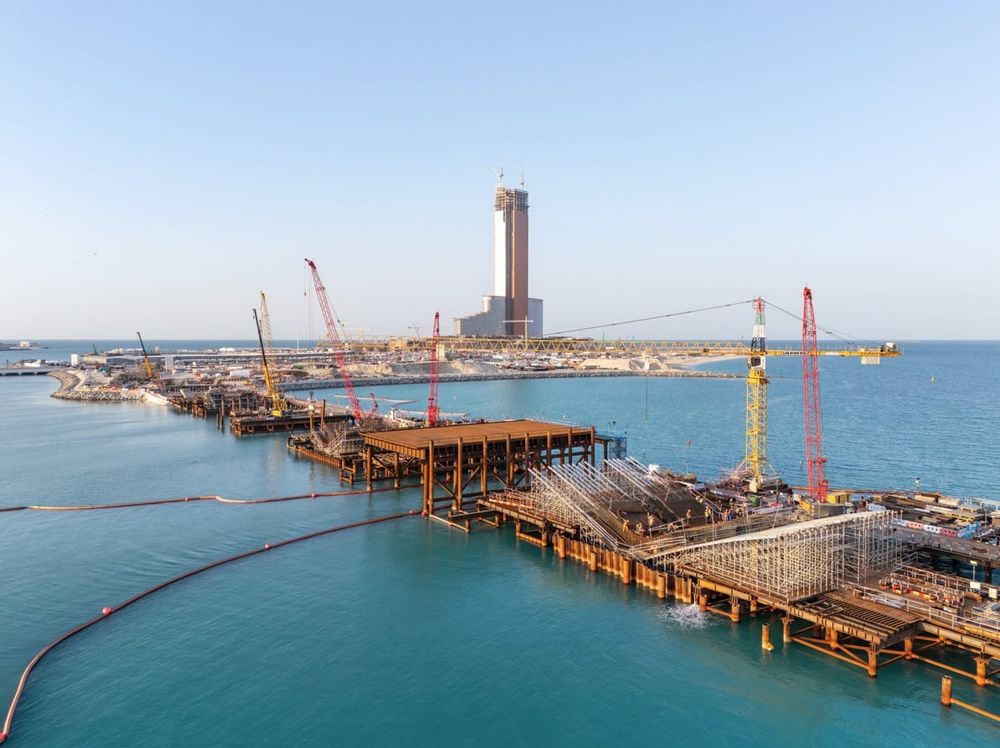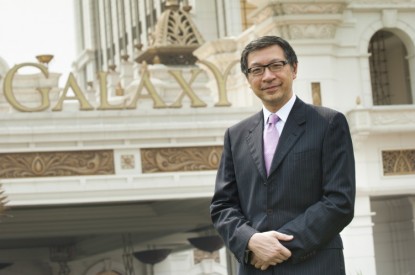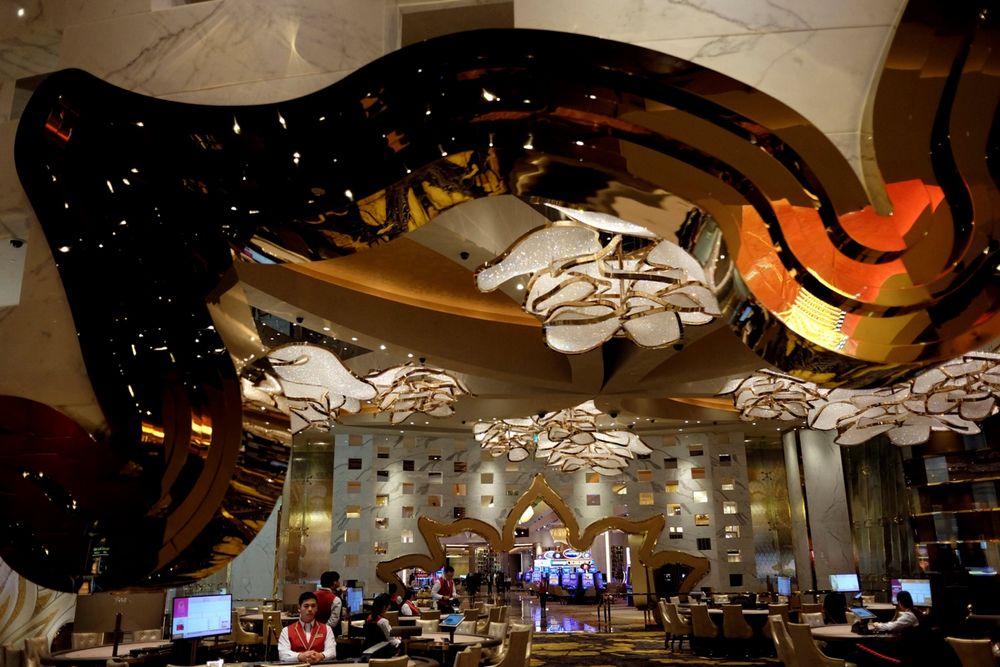The Macau government announced on Tuesday tightening of its Covid-19 testing requirements for front-line casino staff, halving the interval between nucleic acid tests to every two days, from every four days. The change was the second update in under a fortnight, and the third since the autumn.
Table game dealers, as well as security staff and cleaners working inside any casino, are now required to do a nucleic acid test every two days, proving their Covid-19 ‘negative’ status, said the city’s health authorities. Those workers also must do a rapid antigen test – typically a home-based test – every two days.
Workers need to report the ‘negative’ test results to the authorities so that they show on the person’s individual, Macau-issued electronic health code.
A prior guideline announced by the health authorities on November 25 said that frontline casino staff were required to do a nucleic acid test and a rapid antigen test every four days. Before that, for a period of about a month, casino staff were required just to do a nucleic acid test every seven days.
Nearly full gaming recovery rides on mass market demand to come in 2024 – JP Morgan
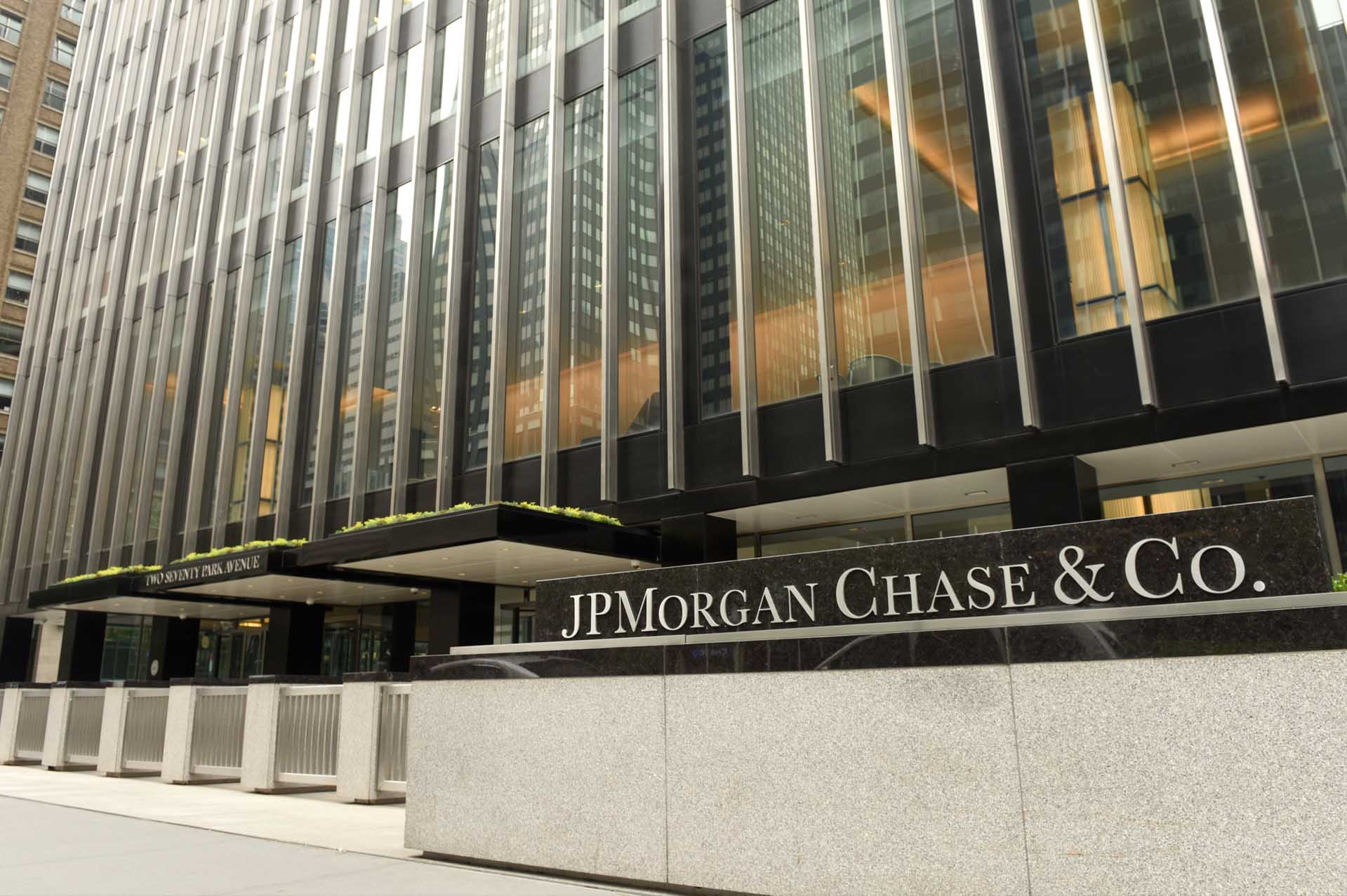
Investment bank JP Morgan expects Macau’s gaming industry to return to 95 per cent of pre-pandemic levels in two years’ time, thanks to “pend-up demand” from an expanding mass market expected to benefit from the ceiling on gaming tables unveiled in August.
DS Kim, an analyst with JP Morgan, wrote in a recent note that investors should remain confident about the short-term future of the city’s gaming sector, which he said could usher in a market recovery as early as the first few months of next year.
He pointed to two reasons behind his positive outlook: a policy under which the government has the power to lower the tax rate by up to 5 per cent points for gaming concessionaries which manage to lure more foreign tourists, as well as a gaming table cap market-wide slated to take effect next January.
Starting from next month, the number of gaming tables will be capped at 6,000, with each of them subjected to a minimum of MOP7 million (US$880,000) in gross revenue each year.
However, Kim believes that there is still room for growth as there is “more than enough excess capacity in the market”.
“We estimate there were only about 4,000 mass tables directly operated by casinos (excluding junkets and satellites) in 2019 (peak for mass GGR), so the table cap of 6,000 presents significant headroom … theoretically, up to 50% additional capacity for mass,” he said in the note.
According to the investment bank, the first quarter of 2023 would see a gradual return to EBITDA profitability in the gaming sector as mass market demand will have rebounded to about 35 per cent of pre-Covid levels, before reaching a 50-per cent mark in the ensuing two quarters.
However, a full return to normal mass demand will not come until 2024, the analyst pointed out.












